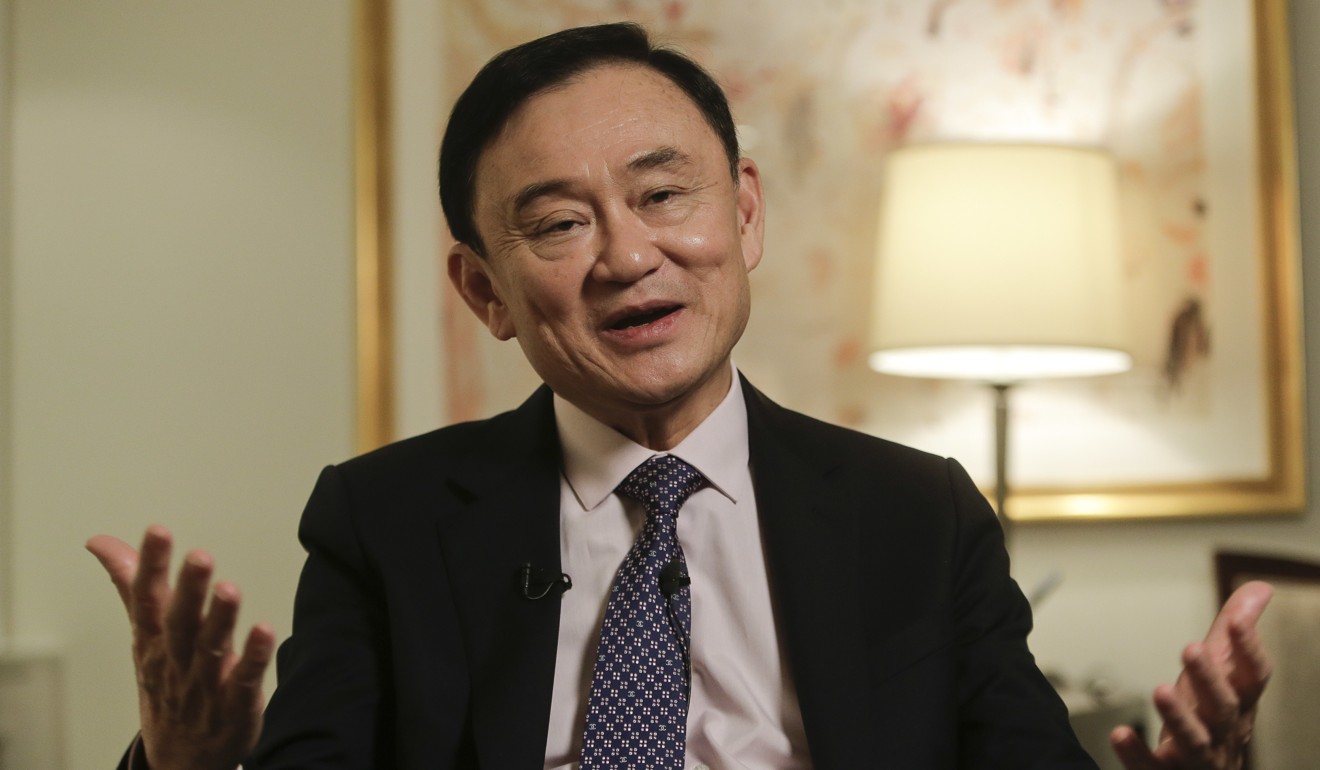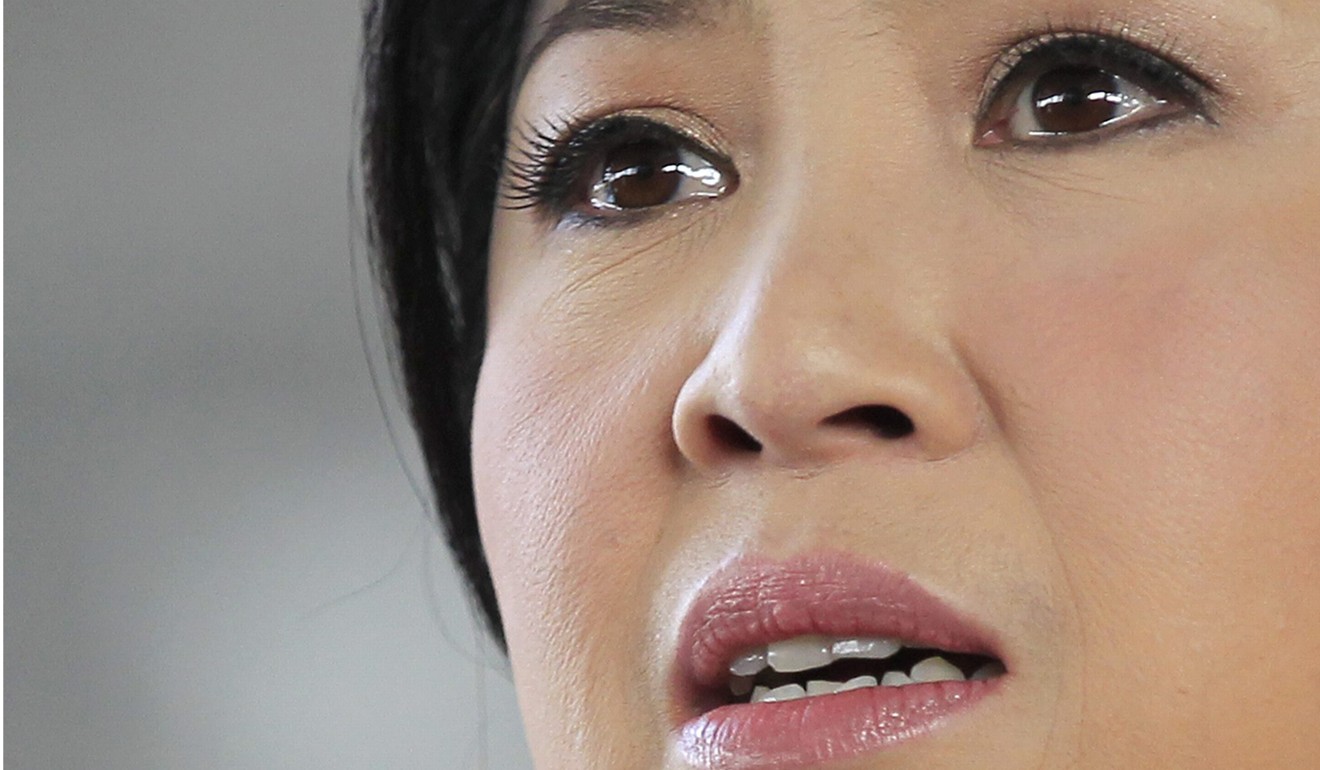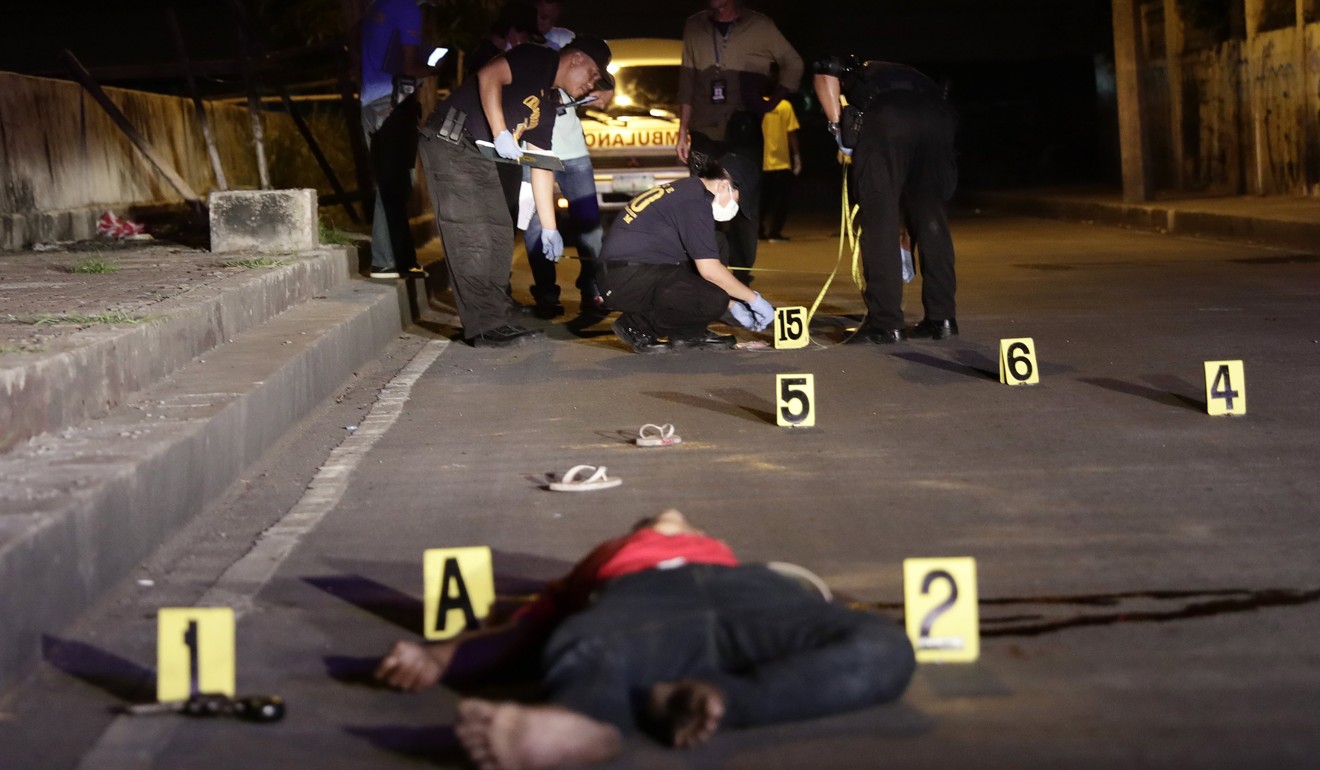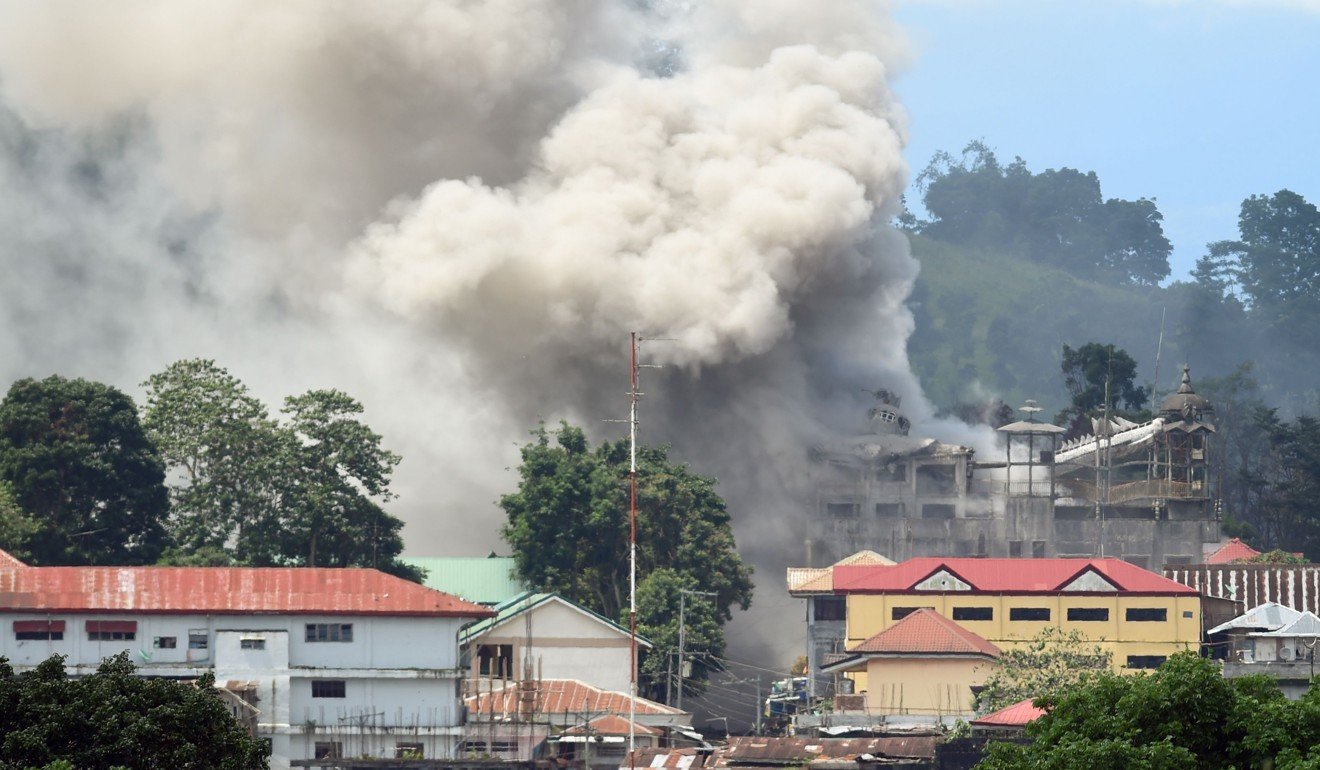
Rodrigo Duterte: Thaksin Shinawatra, version 2.0?
From wars on drugs to crackdowns on Muslim rebels and unapologetic populism – the playbook of Thailand’s former prime minister seems to have a new reader: the Philippine president
With the old and tired 24-hour news cycle dead, buried and slimmed down to something like 24 minutes – spawning a stunting of attention spans – perhaps it is no surprise that to many, alpha-male Philippine President Rodrigo Duterte seems to be a bit of a one-off.
While his approach to politics appears to see every problem as a nail to which a heavy mallet dipped in testosterone is the solution – its essence could well have been lifted straight from the playbook of another Asian premier whose tempestuous term in office is still rattling political cages in the nation from which he – and now his younger sister – are on the run.

From his deadly “war on drugs”, which has killed thousands, to his mass populist appeal and no-nonsense approach to Islamist separatists in the south, sartorially-challenged Duterte is arguably aping a considerably smoother political operator, former-now-fugitive prime minister of Thailand, Thaksin Shinawatra.
Both men spoke recently, Duterte admitting his “war on drugs” is unwinnable but pledging to carry on, and Thaksin, stirring the pot from afar with the help of 18th century French lawyer-philosopher, Charles-Louis de Secondat, Baron de Montesquieu, by tweeting: “There is no crueller tyranny than that which is perpetrated under the shield of law and in the name of justice.”

The multimillionaire former PM, who is still adored by Thailand’s long-suffering and rural poor whose backing secured his place in history as Thailand’s only democratically elected prime minister to serve a full term in office – and returned him for a second term – was of course referring to his younger sister Yingluck Shinawatra’s non-appearance in court to face misconduct charges. Of course, big brother believes these charges to have been cooked up by the incumbent military junta who forced him out in 2006.
As Duterte grapples with the real-time niceties of being in office and the Thaksin siblings get to grips with a life of luxury on the run, it is worth considering the similarities between their approaches.
Thailand chases Chinese money, but at what cost?

Likewise, in 2003, Thaksin launched a campaign to rid “every square inch of the country” of drugs within three months and set arrest and seizure targets including “blacklists”, awarding officials for achieving targets and threatening punishment for those who failed.
Human Rights Watch reports that 2,275 people were killed in the three months following.
As in the Philippines, the war on drugs was widely criticised by the international community. Thaksin requested that the UN Commission on Human Rights send a special envoy to evaluate the situation, but said in an interview, Duterte-style: “The United Nations is not my father. I am not worried about any UN visit to Thailand on this issue.”
Will mourning dampen Thailand’s Songkran festival?
After the 2006 coup in which he was ousted, the military junta appointed a committee to investigate the anti-drug campaign amid claims of flawed blacklists and killings of people with no links to the drug trade.
Also like Duterte, Thaksin enjoyed – and still does enjoy – massive support in Thailand’s sprawling dirt poor countryside, which grew after he swept into office in 2001. Poorer voters liked his offers of cheap medical care and debt relief, his nationalist platform and his contempt for the “Bangkok elite”. But big business also liked him for his CEO-style of government and his “Thaksinomics” policies, which created a new boom in a country where the Asian financial crisis of the late 1990s had begun. Thaksin also won support for his handling of the relief effort after the 2004 Indian Ocean tsunami.

Then comes his Duterte-like – or more accurately “lite” – approach to Thailand’s restive south. A resurgence in violence began in 2001 in the three southernmost provinces with their Muslim, ethnic Malay majority. Thaksin responded and in one of three key controversial incidents, the army stormed a key mosque and killed protesters.
In October 2004, 84 Muslim demonstrators were killed at Tak Bai, when the army broke up a peaceful protest. Hundreds of detainees were forced at gunpoint to lie shackled and prone in army trucks. The victims were reported to have been asphyxiated, crushed or died of overheating. The precise nature and cause of death have been subject to controversy and doubt because of lack of transparency and absence of depth in investigations made. There are other reports of many more deaths but these have not been substantiated.
Now, as Duterte’s ruthless crackdown continues unabated, it remains to be seen if taking a similarly heavy handed approach will carry with it the same fate as Thaksin’s, or whether the Philippine president will be “alpha” enough to survive. ■

